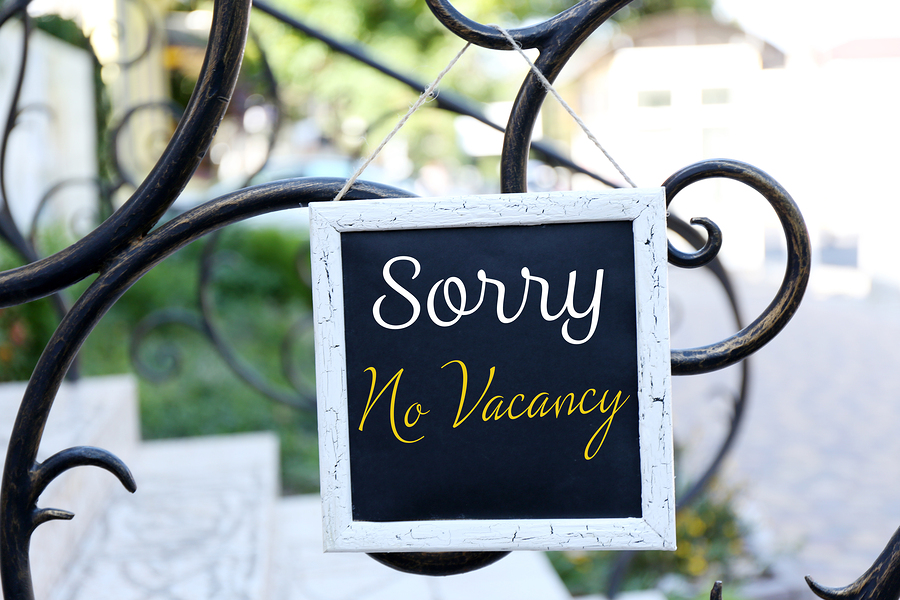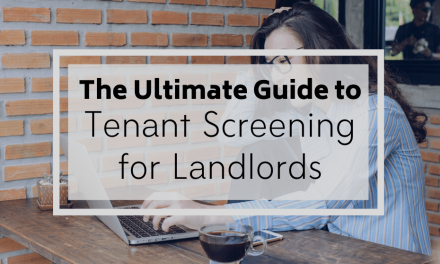
If you’re a property manager responsible for a large portfolio, or just a landlord with an attached rental space on your property, it’s important for you to know your potential renters well. Zillow recently released a quiz testing just how well you know your renters, based off of the Renters section of the 2017 Zillow Group Consumer Housing Report.
You can take the How Well Do You Know Your Renters? quiz and see how you score if you’re feeling extra savvy.
Or check out 5 takeaways I’ve put together from the quiz that all landlords and property managers should know.
What Generation X and Z Renters Expect From Their Rentals:
Each generation of renters has their own specific needs and preferences when it comes to rental features. These are often the simple result of their stage of life. To ensure your property truly stands out in the rental market, it’s important to understand each generation. Getting to know all you can about Generation X and Z renters will ensure that you have a leg-up above your competition.
Generation X Renters
According to Zillow, Generation X makes up 20% of all renters who started renting in the last year, and 28% of all single-family homeowners. Given this information, and giving thought to the general state in life that this generation has reached (one where many are increasing family size and a more stable career path leads to subsequently increased income), it should come as no surprise that your main competition for catching these renters’ eye are homes on the market.
Zillow suggests, “Since many renters also consider buying, emphasize the features of your rental that appeal to this generation, like the safety of the neighborhood or nearby schools within the district.”
Zillow also notes that, “While these renters may also look for single-family detached homes to rent, 49 percent of Generation X households have children under age 18 and are looking to make a home for their families. Therefore, Generation X rents single-family detached houses more than any other group of renters (41 percent).”
Generation Z
Generation Z is the newest generation of renters and renters-to-be. Born between 1995 and 2010, the oldest members Gen Z are now reaching adulthood and adding to the renter pool. For this generation, having a good social network (both online and off) is key. Unsurprisingly, this generation is big on finding a living situation that offers communal experiences. Zillow reports that they are “twice as likely to have roommates, and almost a third indicate they are involved with their local community.”
That said, don’t forget this other important piece of information about Gen Z. Since this is the youngest generation of current renters, they also face the largest income struggles. Zillow reports that “the median household income for Generation Z renters is $27,827” and that “more than half struggle to determine how much home they can afford.” This also means they have a lot less personal belongings and furnishings than their older renter-counterparts.
What Are Renters Looking for in a Location and How Are They Looking?
To keep up with the current market, you probably already know that having a solid online presence is crucial. In fact, according to findings from the consumer housing report, online tools are the number one way renters shop for a new place.
This means it’s vital to ensure that your listings are syndicated to all the top rental search sites, that your listing photographs and copy highlight all your property’s excellent features, and that, ideally you that you also host your listings on your business’s website.
While you’re writing the copy for your listing, don’t forget to mention the state of the neighborhood. According to the Zillow quiz, “for 67 percent of renters, living in a safe neighborhood is key, making it the No. 1 ranked requirement.” That said, there are certainly other proximity considerations that prospective renters have (such as proximity to schools, workplaces and shopping areas) so don’t forget to mention this information in your listing as well. Just make sure to follow Federal Fair Housing Guidelines in all your marketing materials.
Keeping Your Edge Online:
You already know that renters begin their search online, and how important it is to make a good first impression, but remember that there is more to your online presence than simply your listings and website.
According to Zillow when prospective renters are looking for a new place, 45% said that reviews of the home and 42% said that reviews of the landlord are important. This is particularly true for millennial and Gen Z renters, who rely on these reviews more than any other generation to decide if a rental home may be a good fit.
Keep a close eye on your online reputation, remember that renters can submit reviews on social media sites without your knowledge or–often any verification of association to your property. Check your pages often to flag any false reviews, kindly and professionally respond to negative criticisms, and consider asking your best past tenants to leave a review.
Creating a Smooth Application Process:
Once your listing and excellent reviews have caught the eye of your prospective tenants, it’s important to keep the application process as seamless as possible to ensure that the right tenant is not turned-off by the process.
Zillow states that “Millennials are most likely to transact online, with 55 percent submitting at least one rental application online and 18 percent signing a lease electronically.” They also reveal that 72% of renters who contact a landlord or property manager, expect them to reply within 24 hours or less. Adding an online application and electronic lease signing features to your toolbelt will make the process more convenient for both you and your renters, and can add another level of security to sensitive data.
Why Your Tenants May Be Thinking of Leaving:
Getting a tenant to move in is only part of generating a positive cash flow on your investment; nothing kills a bottom line like a vacancy. Tenant retention is key to making a rental profitable.
Out of all the renters that moved to a new rental in the past year, more than half (57%) indicated that a rent increase impacted their decision to move. While profitability may dictate that you cannot always prevent a rent increase from being necessary, there are certainly good ways to raise the rent that won’t leave your tenants feeling sudden sticker shock.
Getting to know your renters and their wants and needs is crucial to ensure a profitable investment and happy long-term tenants. When it comes to your rental market, a little extra research can go a long way toward standing out above your competition.






